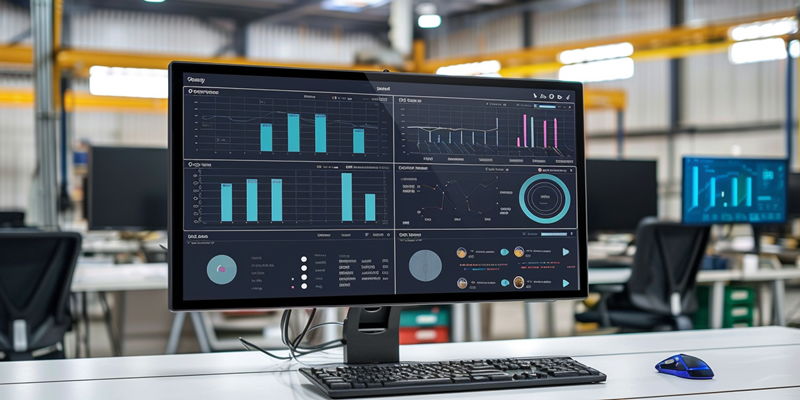The x2x Integrator serves as a pivotal conduit, merging the capabilities of Microsoft Dynamics GP, an elaborate enterprise resource planning (ERP) system, with the user-friendly e-commerce platform of Shopify. This symbiotic integration enables a smooth bidirectional transfer of data, enhancing the efficiency with which businesses can oversee their virtual storefronts in tandem with financial and resource management operations.
The initiation of this integration revolves around establishing and maintaining reliable data exchange protocols. Customer information—spanning names, contact details, and shipping addresses—is synchronized with meticulous care across both Dynamics GP and Shopify systems. This ensures consistency of customer data and simplifies the creation of new customer profiles. Upon a Shopify transaction, the x2x Integrator automatically populates the relevant customer details into Dynamics GP, sidestepping the need for manual data input and significantly diminishing error margins.
Data Synchronization and Automation
Efficacious in its operations, the x2x Integrator accurately and effortlessly mirrors Shopify sales data within Dynamics GP. It uniquely manages transactional data from both guest checkouts and registered user purchases. Guest transactions are consolidated into a single account, whereas registered users’ records are updated in real time. This comprehensive data synchronization spans multiple domains such as inventory counts, logistical details, and fiscal records, culminating in enhanced stock control and monetary oversight.
Through this relentless data interchange, businesses gain access to current and precise insights, promoting best practices in accuracy, customer service, and strategic decision-making. Marrying the front-end e-commerce dealings with fundamental back-office tasks, the x2x Integrator is instrumental in equipping businesses for success in the contemporary digital marketplace, championing operational effectiveness and data integrity. As such, the integration stands as a crucial component in ensuring unerring and consistent business procedures.

